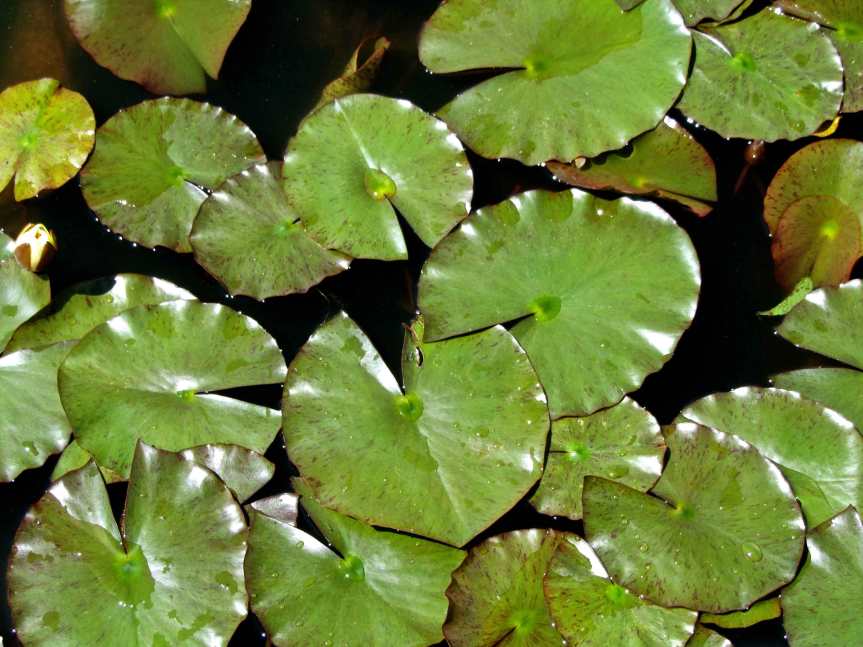
Honesty
A Chapter for a Topical Autobiography
Mark Dorset
WHEN I WAS twenty-four or twenty-five, I spent a weekend on the Concord and Merrimack rivers. Inspired by A Week on the Concord and Merrimack Rivers, Henry David Thoreau’s account of the two weeks that he and his brother, John, spent traveling in their homemade boat, “in form like a fisherman’s dory,” from Concord, Massachusetts, to Concord, New Hampshire, and back, my friend Peter Leroy and I spent a weekend paddling a canoe from Concord, Massachusetts to Newburyport, Massachusetts. What do I remember of that trip now, more than forty-five years later?
I REMEMBER that, from the start, I intended to turn the trip into an article, “A Weekend on the Concord and Merrimack Rivers,” and submit it to Time Travels, a glossy magazine devoted to contemporary accounts of vacation trips undertaken in deliberate emulation of notable journeys of the past. At the time, Peter considered himself a budding photographer with a good eye, so we decided that he would take photographs throughout our trip, and the photographs would illustrate the article. We expected the people at Time Travels to take the article as soon as they saw it. Of course we expected that. Why wouldn’t we? We were young. We were bold. Well, Peter was bold—and I thought that I was bold, too.
I remember the pleasure of preparing for the trip, poring over maps, finding a canoe that someone was willing to let us use, and, especially, buying our provisions at an enormous store that catered to campers, hikers, climbers, and other outdoor adventurers. I had a great time choosing freeze-dried food there. When I was done, I had every meal and snack planned to the last bite.
“What’s all this?” Peter asked when he saw the stuff.
“These are our meals,” I said, “freeze-dried and sealed in plastic. In these packets we’ve got all of a meal’s nutrition and flavor, but none of the weight of the water. All we have to do at meal time is add water, heat, and eat—and—” I added, producing the collapsible bucket I’d bought—“we’ll scoop the water from the river with this nifty gadget.”
“Impressive,” he said. “There wasn’t anything like this this back when I took my trip to the source of the Bolotomy River. I’ve probably told you about—”
“Many times,” I said.
“I told you about the food I packed?”
“Yes. Yes. Yes.”
“Oh. Well. Hey—wait a minute—”
“Yeah?”
“Didn’t the Thoreau brothers live off the land, eating low-hanging fruit and roasting squirrels?”
“Times have changed,” I said.
“Of course, but what would Thoreau—”
“We’re emulating the Thoreau brothers’ trip, not duplicating it,” I reminded him.
I remember that the first day took us through pretty meadowland. The paddling was easy and the sun was shining. I enjoyed it. I also remember, though, that after a while I discovered that I could anticipate our arrival at a highway bridge not only because I could hear the traffic, but because I could smell it. That annoyed me. It hadn’t happened to Thoreau.
When the first day’s paddling was over and we pulled the canoe onto a bank below what looked like farmland, I dipped the bucket into the river and harvested a bucket of muck.
“Hmm,” I said, looking into the bucket.
“It’s just muddy, I think,” said Peter. “We could strain it through some cloth.”
“What cloth?” I asked.
“Your shirt?” he suggested.
“Why not your shirt?” I asked.
“After straining it, we should boil it,” he said, without making any movement that suggested that he was willing to put his shirt to use as a strainer. “Or we could go to somebody’s house and ask for some water—cool, clear water.”
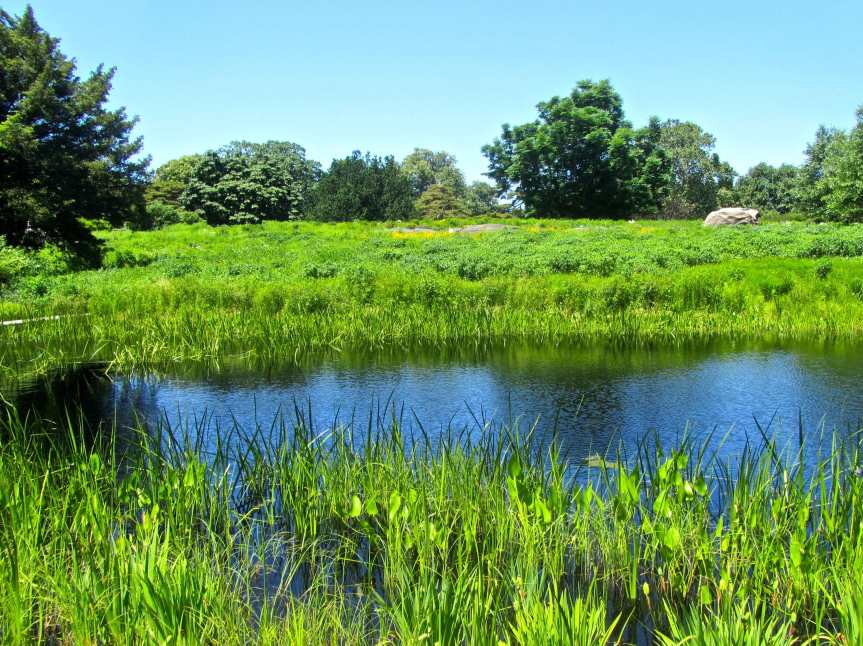
I remember our going to the back door of a house to ask for water. I was so full of myself and our expedition that I expected our appearance at their door to startle them. I thought it would be an unusual occurrence in their dull lives, something they’d turn into an anecdote to tell their neighbors when they got together at one of the dinners they gave one another in an endless cycle of tedium. I thought they might ask to take our picture. You’ve already guessed, I’m sure, that they behaved as if canoeists pulled up at their back door daily. When I said, dramatically, “My friend and I are paddling to the sea,” the woman said, wearily, “You want water, right?”
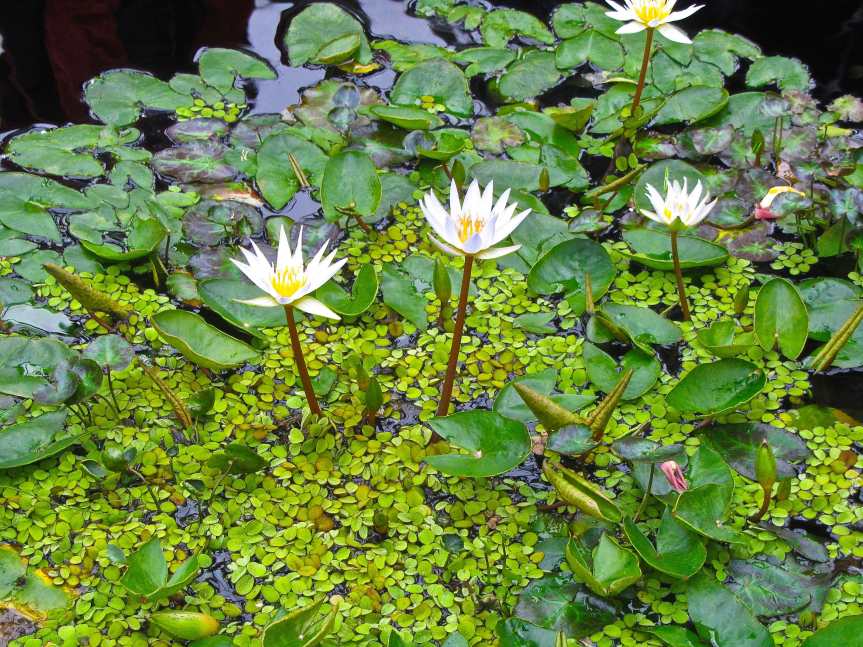
I remember a muskrat, at dusk, swimming across a dark backwater, such a sleek creature, swimming with such effortless movement, that it barely rippled the water. Peter spotted it, but he didn’t manage to capture its picture in the failing light. All the next day I thought about how ill-suited I was for plying the waters of the river, compared to that muskrat, but then Peter called out, “Someone back there is thinking about writing about paddling rather than paddling!”
I answered, “Guilty,” and I felt doubly guilty because I had caught myself, mentally, intending to use the phrase “plying the waters of the river” when I wrote about the muskrat. I gave myself a mental smack on the side of the head and bent to my clumsy paddling.
I remember a young man, with his girlfriend at his side, fishing at a place in one of the mill towns where a broken sewer pipe spilled raw sewage into the river. I could see how thick the fish were where the discharge reached the water. The young man and his girlfriend were lighthearted, amorous, and very successful at fishing. “Hey,” I called to them, “doesn’t it bother you to be fishing in a sewer?”
The young man glared at me. His girlfriend gaped at the fish in the water, wide-eyed.
“Is this a sewer?” she cried.
The young man shook his fist at us. We paddled on.
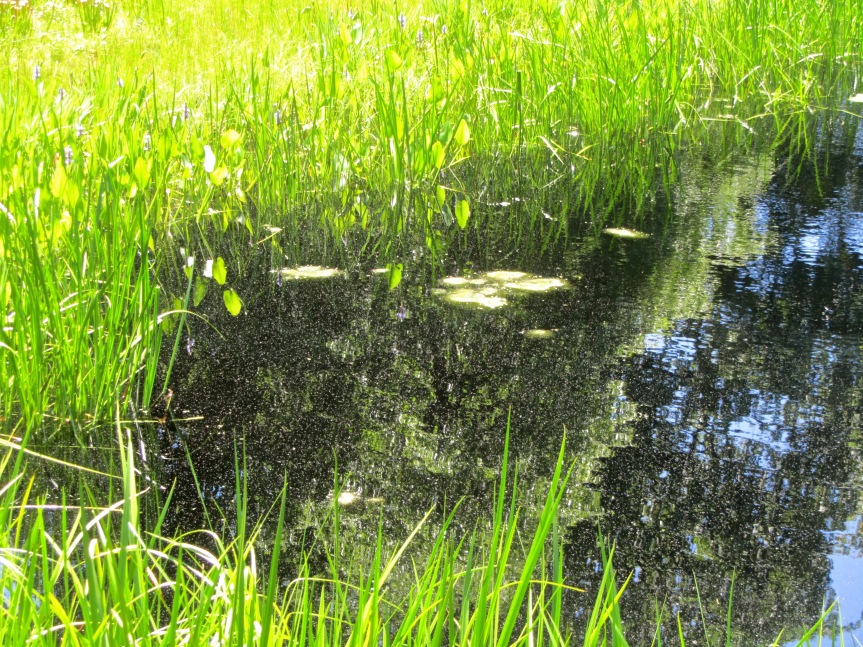
I remember realizing, gradually, that the older houses along the banks faced the river but the newer houses faced away from the river. When I realized that fact, and realized what it said about the change in attitude toward the river, the change in respect for the river, a kind of hopelessness fell over me, and the rest of the voyage was tainted by the feeling that our species was deliberately denying its rightful relationship to nature, and denying itself the salutary benefits of that rightful relationship to nature.
I remember that I couldn’t stop talking about it.
I remember Peter’s saying, “Right. Right. I agree with you. But enough already. Write it down. Take notes. You should get that into the article.”
“I know,” I said. “I should.” But even then I knew that if I put that in, then the article that I’d intended to be a celebration would become a lamentation, and the writing of it would become a duty, and drudgery.
Nonetheless, I sent a query letter to Time Travels. I received a reply within a couple of weeks. The response was positive, but it actually kept me from writing the article because the article I described in my proposal wasn’t the article I knew I should write. It described the trip we’d taken but only the beautiful half of what we’d seen, and the photographs that I included with my summary showed only that half. In the Time Travels article there would be no broken pipe spewing sewage into the Merrimack.
I never did send anything to Time Travels. In the year or so after the trip I tried to write something that would include the good and the bad, the beautiful and the ugly, but I never succeeded. I put my notes away. Some day, I told myself, I would use them to write an entry for my topical autobiography if I could decide what topic they might illustrate.
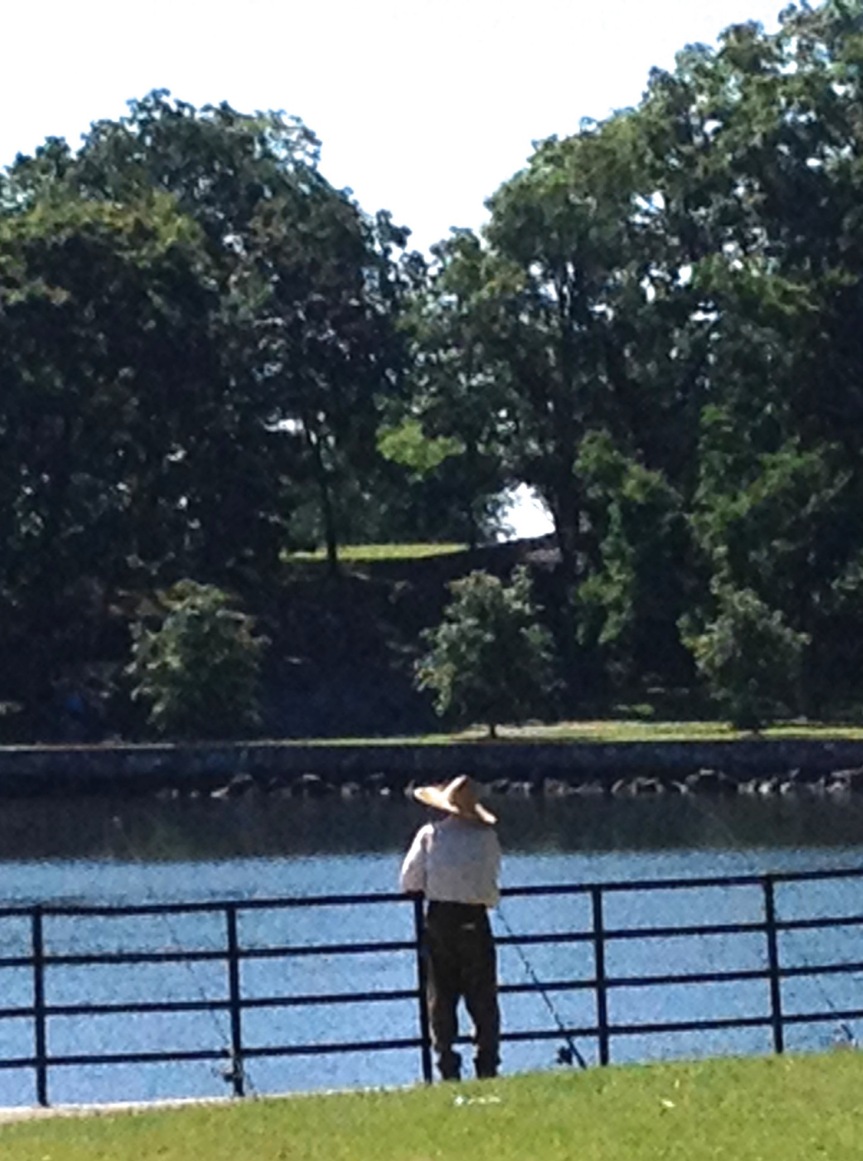
I read my account of the weekend and the article that never was to Margot and Martha. When I’d finished—when I’d read through “Some day, I told myself, I would use them to write an entry for my topical autobiography if I could decide what topic they might illustrate”—they exchanged a look and huddled briefly in whispered consultation.
After a couple of minutes they looked at me. They pursed their lips. They frowned.
Finally, Martha said, “That’s not quite the way it was.”
“It’s not the way we remember it,” said Margot.
“It’s not?” I asked, as if I didn’t know.
“It’s okay as far as it goes—” said Martha.
“—but something is missing,” said Margot.
They were right, and I knew it. Something was missing because I hadn’t wanted to include it. Had I hoped that they wouldn’t notice? Or had I counted on them to notice?
“Yeah,” I said. “I know. Okay. Give me a day.”
What was missing was any mention of the sentence in the letter from Time Travels that said, “Although we welcome submissions from unknowns, we must remind you of something that you no doubt already realize from reading the magazine: our standards are extremely high, and even seasoned professional writers and world-renowned photographers find them difficult to meet.”
During the day that I’d asked Margot and Martha to give me, I revised this chapter to include that discouraging sentence.
As I said above, I never wrote the article. For years, I’ve been telling myself that I avoided writing it in order to save Peter the pain and embarrassment of being told that he’d failed to meet the standards that even world-renowned photographers often failed to meet.
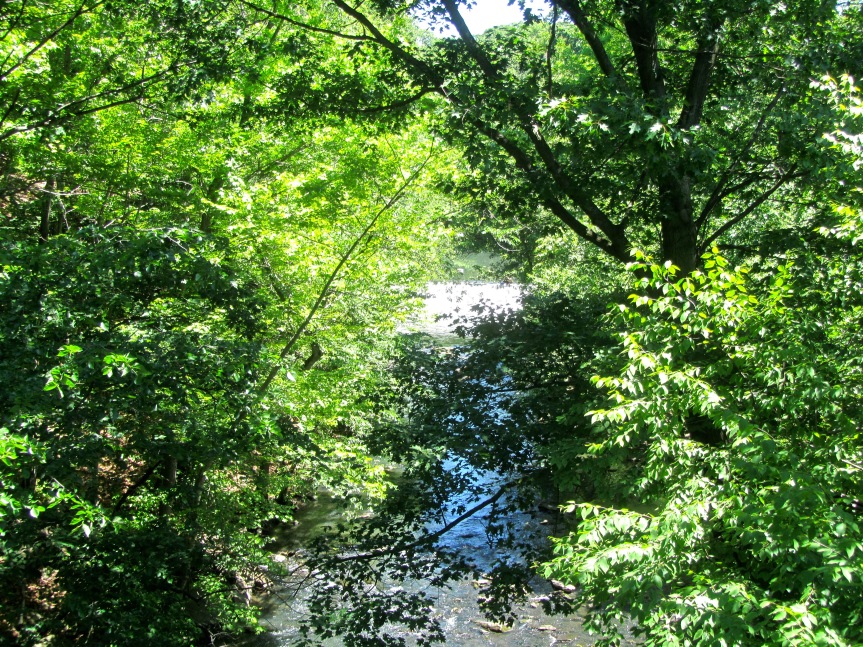
 [Our boat] had been loaded the evening before at our door, half a mile from the river, with potatoes and melons from a patch which we had cultivated, and a few utensils.
[Our boat] had been loaded the evening before at our door, half a mile from the river, with potatoes and melons from a patch which we had cultivated, and a few utensils.
Thoreau, A Week on the Concord and Merrimack Rivers, “Saturday”
 Some young men who were lounging upon a bridge in Chelmsford . . . leaned impudently over the rails to pry into our concerns, but we caught the eye of the most forward, and looked at him till he was visibly discomfited.
Some young men who were lounging upon a bridge in Chelmsford . . . leaned impudently over the rails to pry into our concerns, but we caught the eye of the most forward, and looked at him till he was visibly discomfited.
Thoreau, A Week on the Concord and Merrimack Rivers, “Sunday”
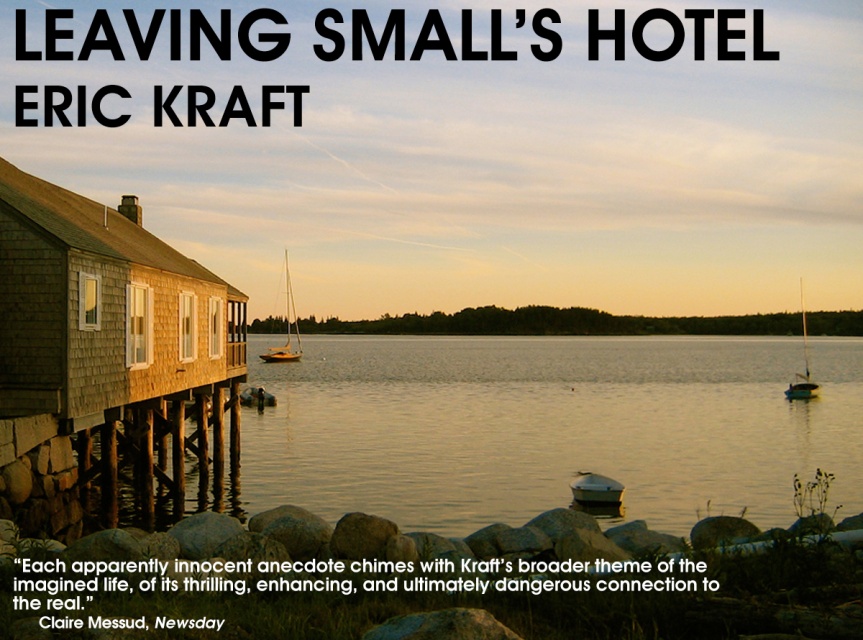
 Unfortunately, many things have been omitted which should have been recorded in our journal, for though we made it a rule to set down all our experiences therein, yet such a resolution is very hard to keep, for the important experience rarely allows us to remember such obligations, and so indifferent things get recorded, while that is frequently neglected. It is not easy to write in a journal what interests us at any time, because to write it is not what interests us.
Unfortunately, many things have been omitted which should have been recorded in our journal, for though we made it a rule to set down all our experiences therein, yet such a resolution is very hard to keep, for the important experience rarely allows us to remember such obligations, and so indifferent things get recorded, while that is frequently neglected. It is not easy to write in a journal what interests us at any time, because to write it is not what interests us.
Thoreau, A Week on the Concord and Merrimack Rivers, “Thursday”
 Having eaten our supper of hot cocoa and bread and watermelon, we soon grew weary of conversing, and writing in our journals, and, putting out the lantern which hung from the tentpole, fell asleep.
Having eaten our supper of hot cocoa and bread and watermelon, we soon grew weary of conversing, and writing in our journals, and, putting out the lantern which hung from the tentpole, fell asleep.
Thoreau, A Week on the Concord and Merrimack Rivers, “Thursday”
 An island always pleases my imagination, even the smallest, as a small continent and integral portion of the globe. I have a fancy for building my hut on one. Even a bare, grassy isle, which I can see entirely over at a glance, has some undefined and mysterious charm for me.
An island always pleases my imagination, even the smallest, as a small continent and integral portion of the globe. I have a fancy for building my hut on one. Even a bare, grassy isle, which I can see entirely over at a glance, has some undefined and mysterious charm for me.
Thoreau, A Week on the Concord and Merrimack Rivers, “Wednesday”
 The carcasses of some poor squirrels, however, the same that frisked so merrily in the morning, which we had skinned and emboweled for our dinner, we abandoned in disgust, with tardy humanity, as too wretched a resource for any but starving men. . . . With a sudden impulse we threw them away, and washed our hands, and boiled some rice for our dinner.
The carcasses of some poor squirrels, however, the same that frisked so merrily in the morning, which we had skinned and emboweled for our dinner, we abandoned in disgust, with tardy humanity, as too wretched a resource for any but starving men. . . . With a sudden impulse we threw them away, and washed our hands, and boiled some rice for our dinner.
Thoreau, A Week on the Concord and Merrimack Rivers, “Tuesday”
 Perhaps at midnight one was awakened by a cricket shrilly singing on his shoulder, or by a hunting spider in his eye. . . . It was pleasant to lie with our heads so low in the grass, and hear what a tinkling ever-busy laboratory it was. A thousand little artisans beat on their anvils all night long.
Perhaps at midnight one was awakened by a cricket shrilly singing on his shoulder, or by a hunting spider in his eye. . . . It was pleasant to lie with our heads so low in the grass, and hear what a tinkling ever-busy laboratory it was. A thousand little artisans beat on their anvils all night long.
Thoreau, A Week on the Concord and Merrimack Rivers, “Monday”
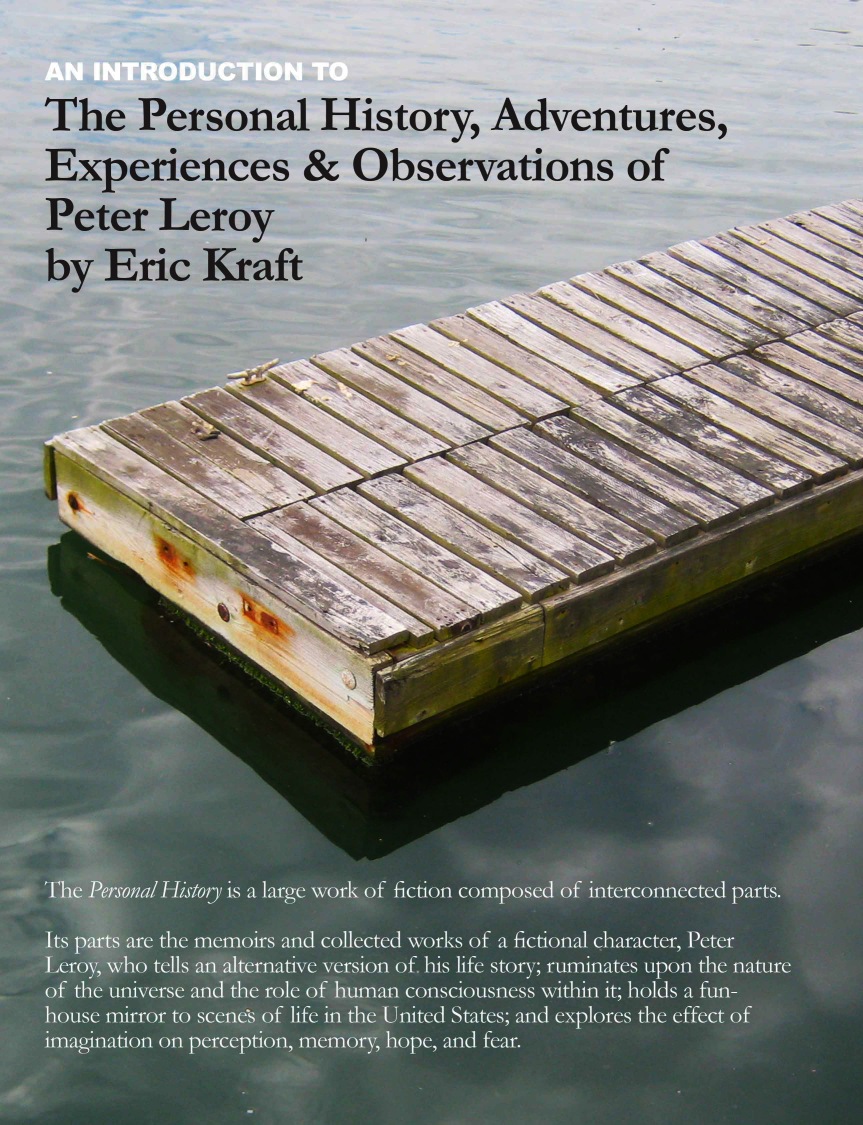
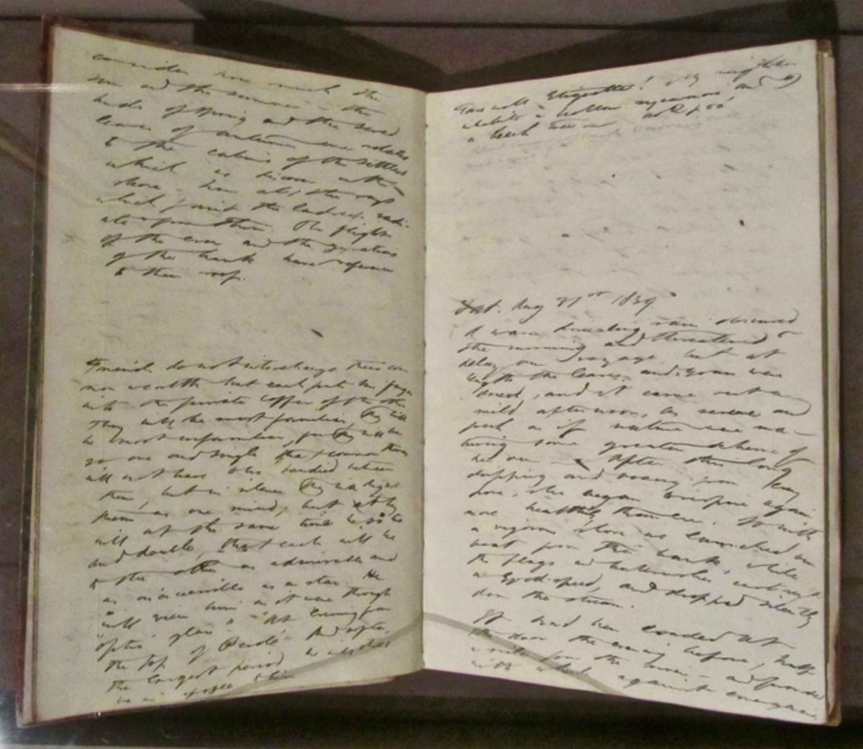
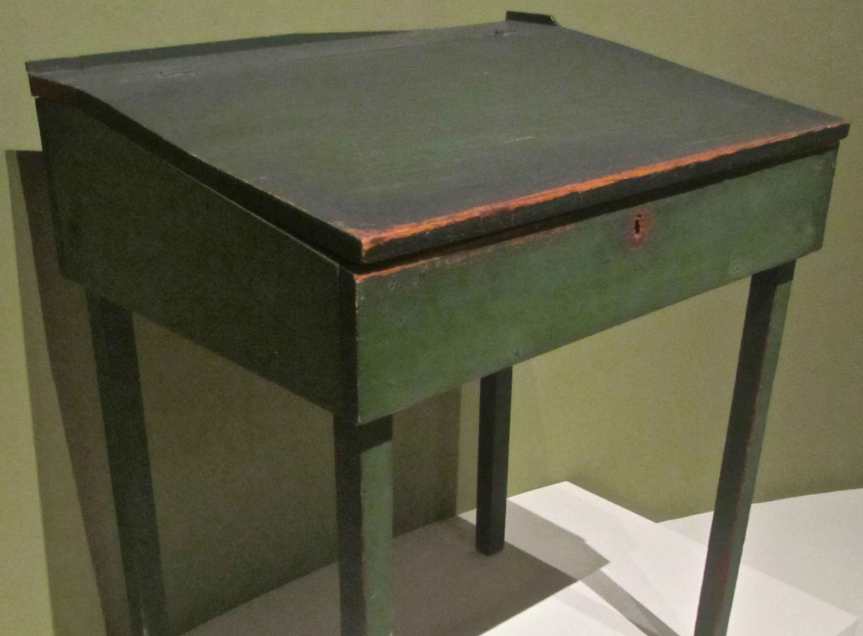
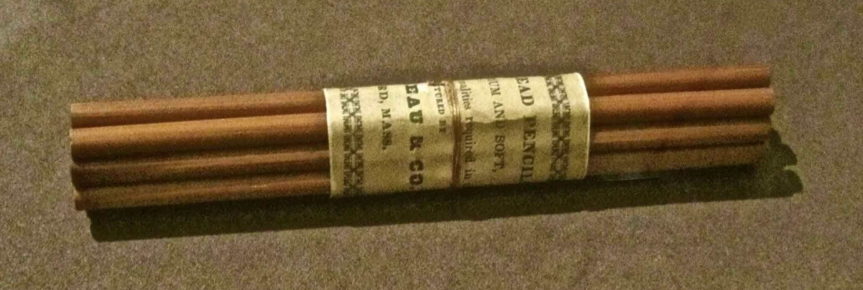
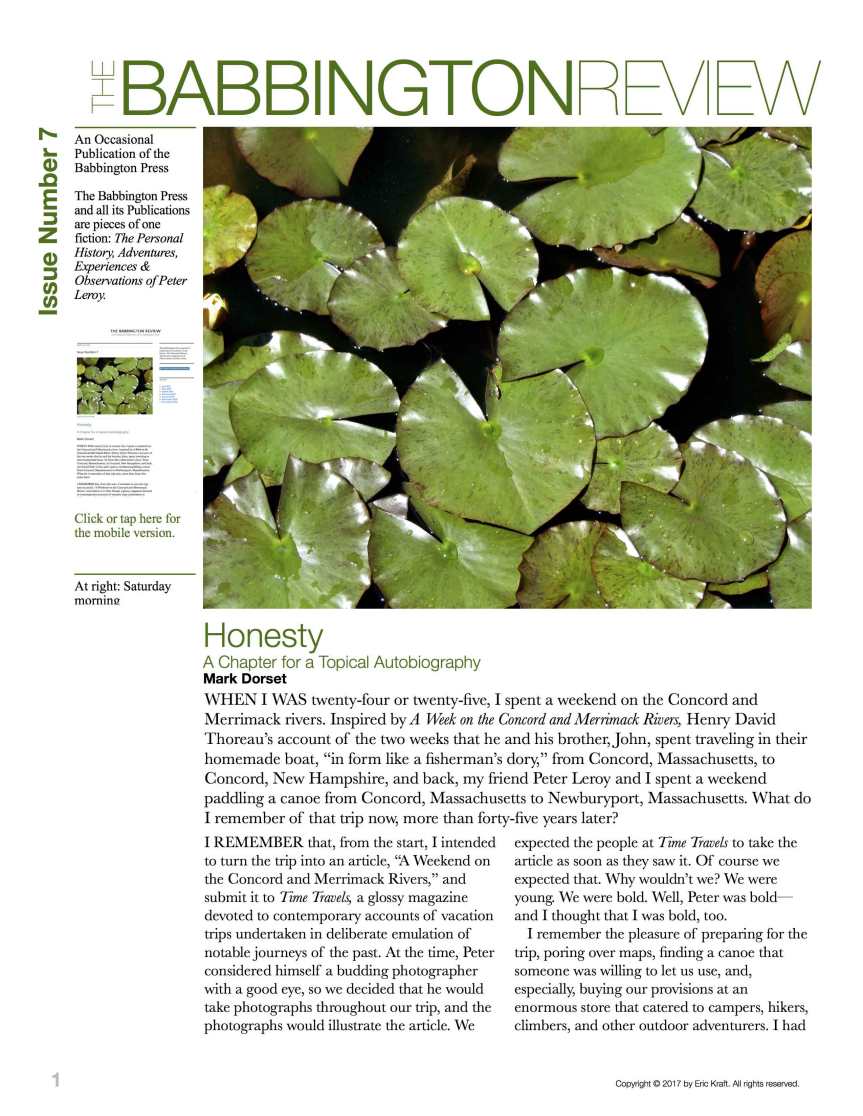
Copyright © 2017 by Eric Kraft. All rights reserved.